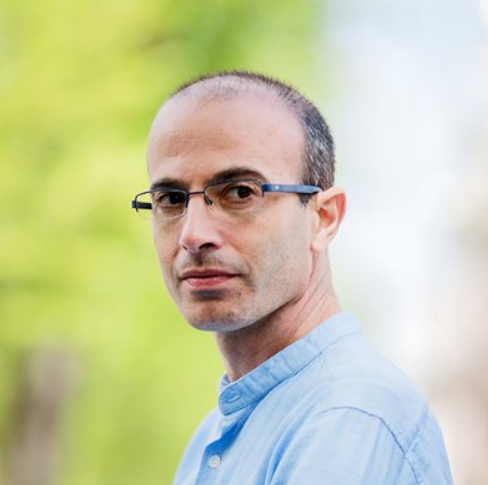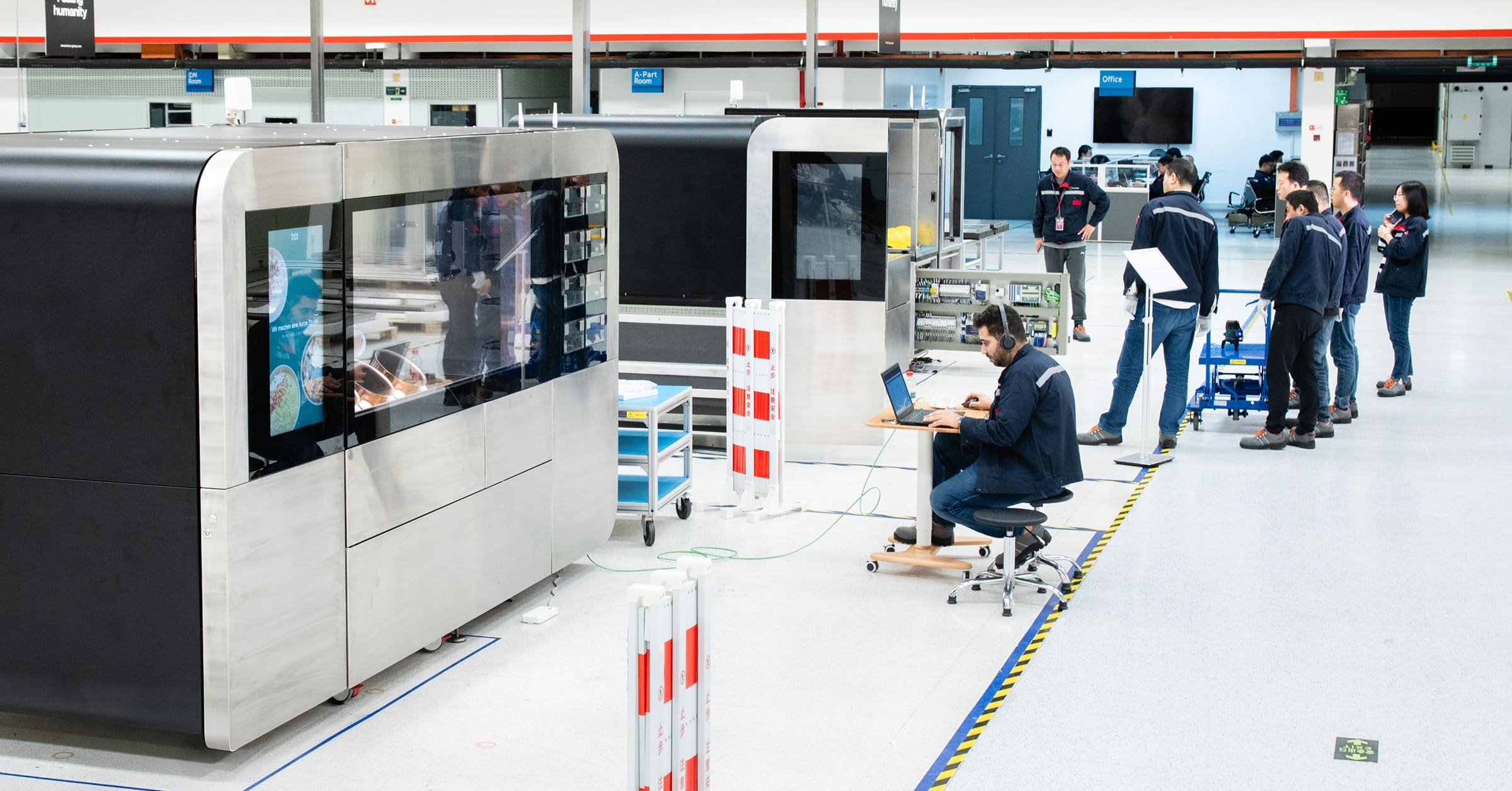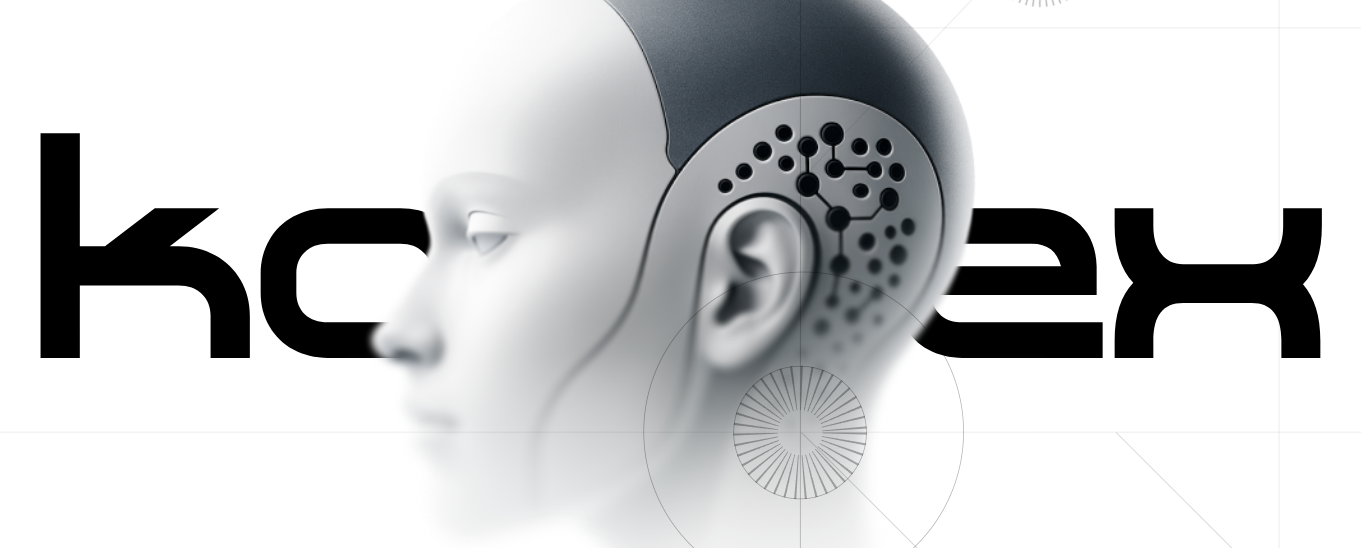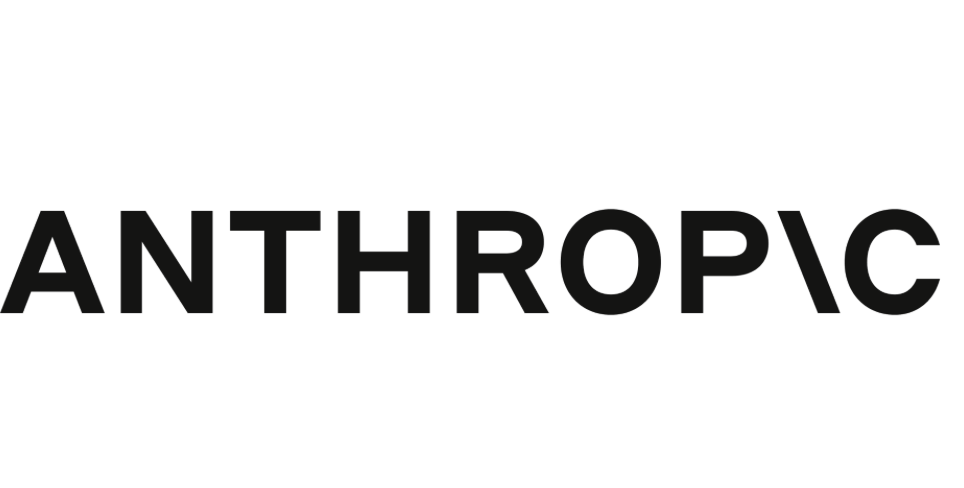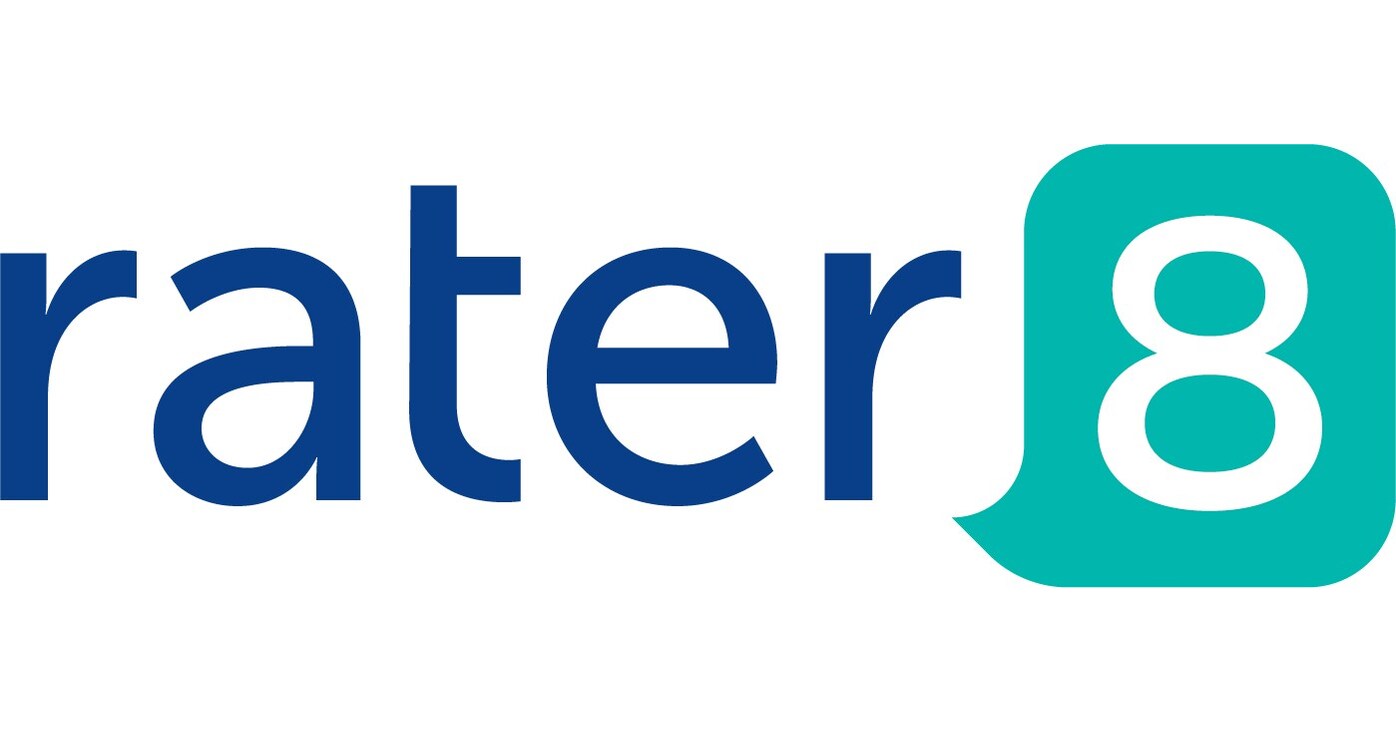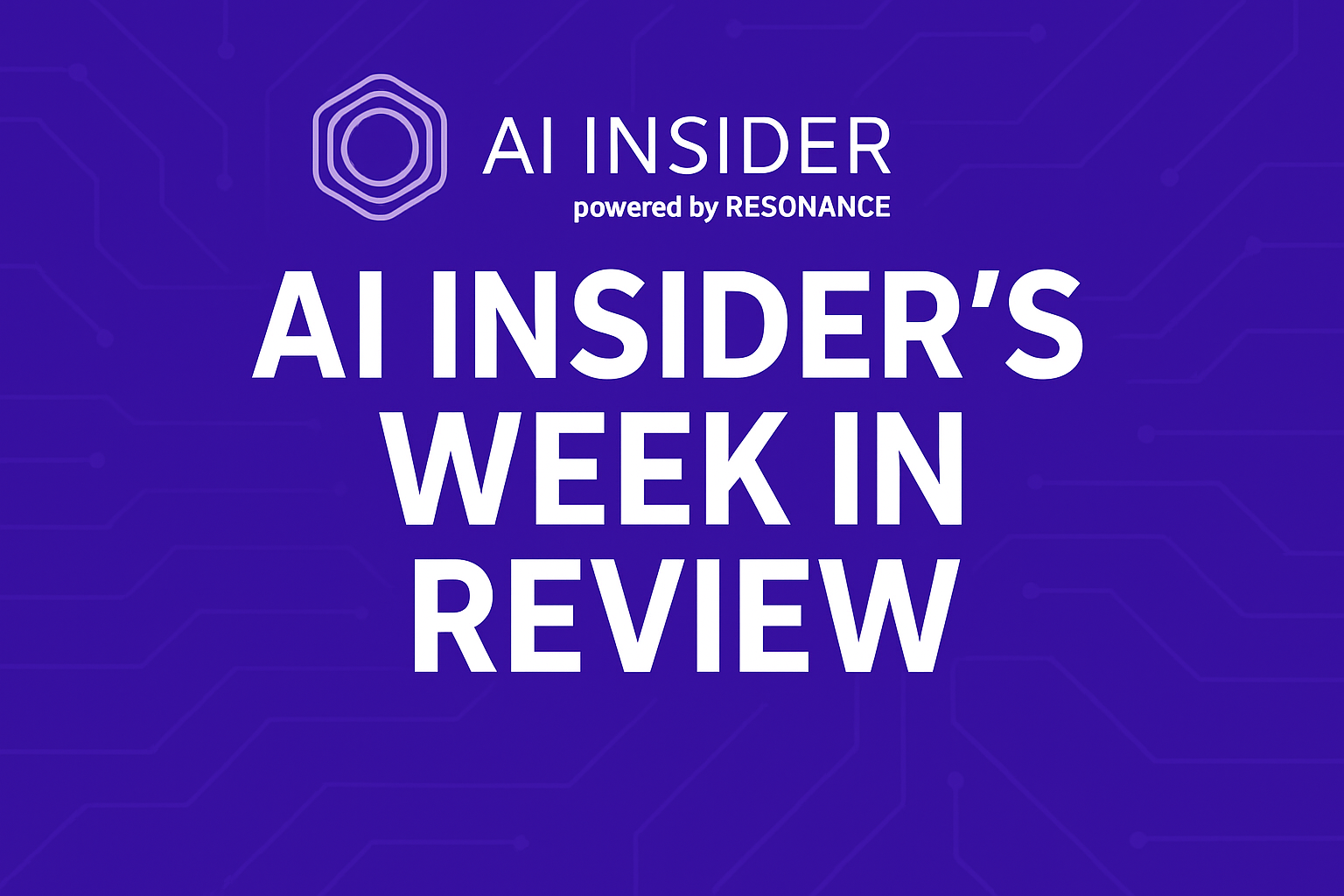In a recent appearance on “The Late Show with Stephen Colbert,” historian and philosopher Yuval Noah Harari discussed the potential impact and threats of artificial intelligence (AI) on humanity. His insights, grounded in a deep understanding of history and philosophy, bring to light the urgent need for a holistic approach to AI’s integration into our lives and societies.
“It’s the first time in human history that nobody has any idea how the world would look like in 20 years,” said Harari. This uncertainty, fueled by the rapid advancement of AI, challenges the very fabric of human existence and our ability to prepare future generations for what lies ahead.
Unlike any other technology, AI has the unique ability to make decisions independently and generate new ideas, a leap beyond the capabilities of past innovations like the printing press or the atom bomb.
“It’s still a baby. We haven’t seen anything yet,” Harari warned, suggesting that the full potential and dangers of AI are yet to be realized.
One of Harari’s most compelling points is the distinction between AI’s capability for decision-making and the creation of new ideas.
“The most important thing to know about AI, it’s the first technology in history that can make decisions by itself and can create new ideas by itself,” he said. This unprecedented autonomy of AI poses a profound question about the control and understanding of the technology we create. Harari cautions against entrusting too much power to entities we do not fully comprehend, underlining the inherent risks of AI evolving beyond our grasp.
Harari’s call for interdisciplinary research and holistic perspectives is a response to the complexity of AI and its implications. He argues for the need to transcend professional niches, advocating for a broader understanding that bridges gaps between various fields of study. This approach is crucial in addressing the multifaceted challenges AI presents, from ethical considerations to practical applications in medicine, social media, and beyond.
The philosopher also highlighted AI’s knack for discovering correlations, a strength that underpins innovations in medical diagnostics and algorithm design. Yet, this strength also bears the risk of perpetuating human biases if not carefully managed. Harari’s discourse on AI does not just ponder on its technological prowess but also on its societal impact, emphasizing the stories and beliefs that shape human conflicts and cooperation.
In his conversation with Colbert, Harari eloquently navigated the dualities of AI — the promise of unprecedented technological advancements against the backdrop of potential misuse and misunderstood autonomy. His insights remind us of the delicate balance between embracing AI for its benefits while remaining vigilant about its capacity to reshape humanity in ways we are only beginning to understand. As we stand on the precipice of this AI-driven era, Harari’s reflections serve as a critical guidepost for navigating the uncertain but inevitable future shaped by artificial intelligence.
Featured image: Credit: Yuval Noah Harari
